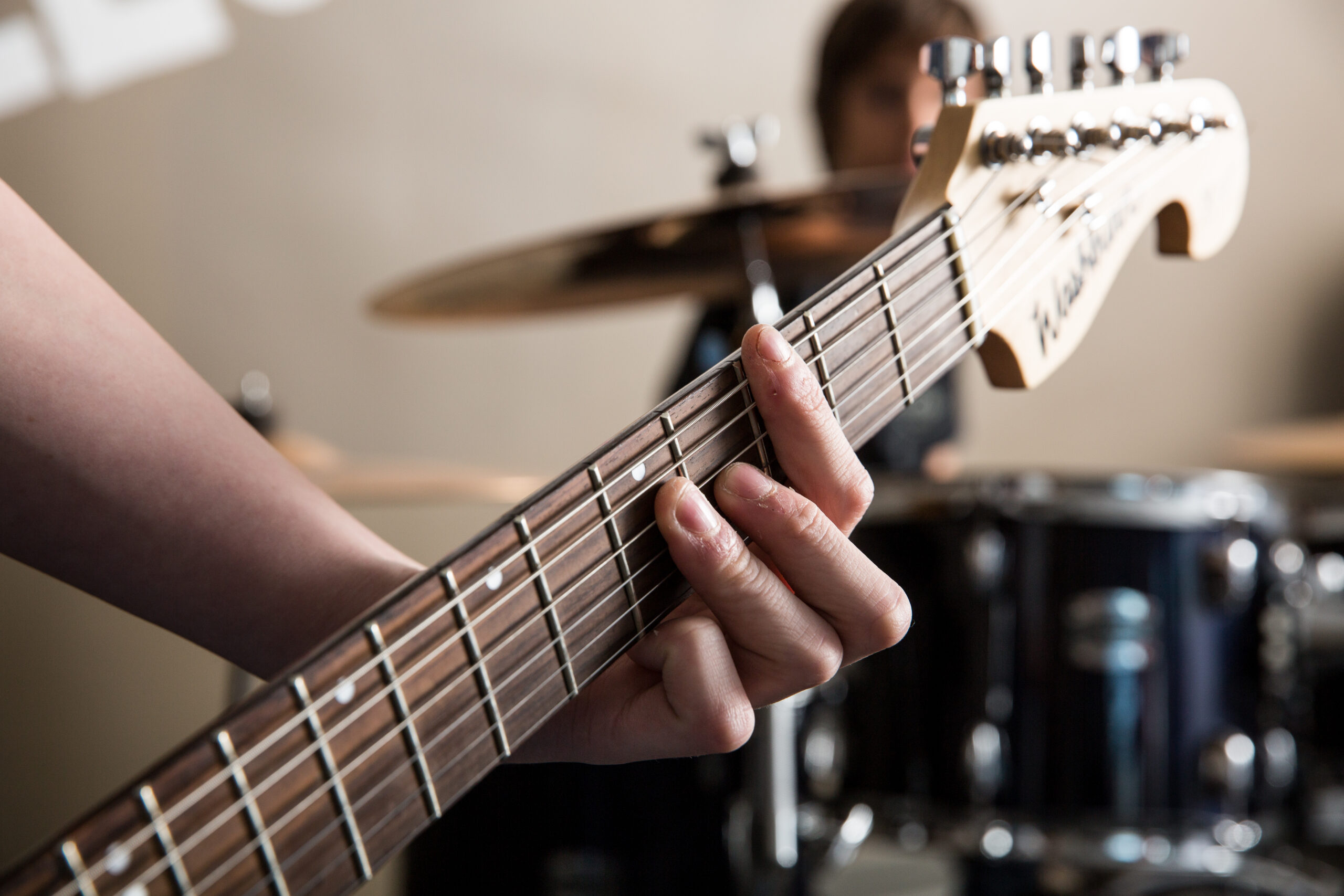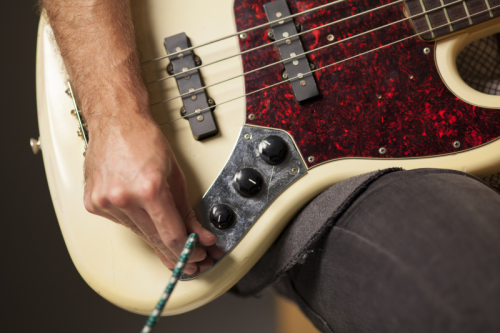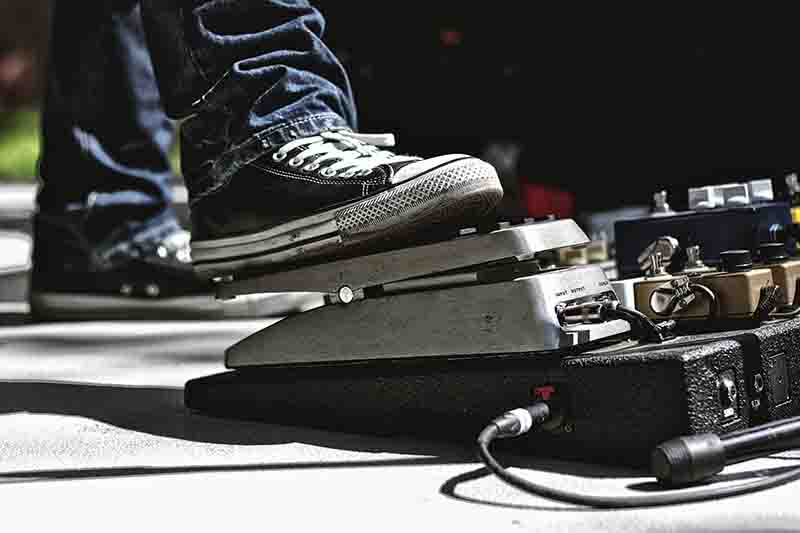April 09, 2015
Guitar Tips: Toughening Up Your Fingertips


Opening a fresh pack of guitar strings is always exciting, but breaking them in is a whole other story. Whether you’ve switched to a different brand or are sticking with the tried and true, breaking in a new set of guitar strings can be a painful process. In fact, new guitar players sometimes give up on playing the instrument completely because they simply can’t handle the pain. From Eric Clapton’s Secret Elixir to tips for numbing the pain, here are some ways you can toughen up your fingers while breaking in your strings.
Stay in the Game
No matter how much your fingers may hurt in the process, it’s important to stick with it. Calluses don’t form overnight and are the body’s natural reaction to repeated exposure to friction. Eventually the pain will lessen, your fingers will form calluses, and you’ll be able to play your guitar with ease. Some claim that filing down the skin on your fingers with sandpaper after each practice session will speed up the formation of calluses, but this is false- all it does is destroy any progress you’ve made and obliterate the pressure required to form long-lasting calluses. Another myth is covering your fingertips with superglue before practicing. It may help temporarily reduce the pain, but it definitely won’t help you in the long run. Plus, covering your fingers in superglue can cause damage.
Numb the Pain
Many guitarists rely on certain products to help dull the pain while they form calluses. One of the most popular is apple cider vinegar, which can also be used to remedy sunburns and sore throats. Simply soak your fingertips in the vinegar for a minute or so, both before and after practicing the guitar. Other guitarists press an ice cube against their fingers before and after play, which temporarily alleviates soreness. Topical anesthetic products, including toothache creams, can also be applied before and after play- just make sure the product contains benzocaine. If you’d prefer to use “professional” creams or ointments, a search will turn up plenty of numbing agents manufactured with guitarists in mind. Before purchasing a product, read the reviews- some creams and ointments can stain or discolor fretboards with frequent use.
Sanitizers > Soap
When washing up, try using waterless sanitizers instead of repeatedly washing your hands with soap and water. Many soap and shampoo products contain skin softeners and conditioners which can be counterproductive to forming finger calluses. If you spend a lot of time doing dishes, washing hair, or spend a lot of time with your hands submerged in water, wear latex or rubber gloves while performing these tasks. Water, in addition to soap and shampoo, has a temporary softening effect on skin. If you apply lotion after each shower or keep a bottle in your purse or on your desk, reconsider- lotions soften the skin, which is exactly what you don’t want when you’re struggling to toughen it up.
Don’t Press Too Hard
Many guitar players, especially beginners, have a tendency to press their guitar strings down too hard. When playing, relax your fingers and press down just until your finger comes in contact with the fret. To evaluate whether or not you’re pressing too hard, fret a chord or string as you normally would and release the pressure a little bit. If it still sounds fine, you’re pressing down too hard. In addition to causing excessive finger pain, pressing too hard on the strings can result in a tense guitar playing style, which doesn’t allow you to play quickly or efficiently. The greatest danger in pressing too hard is tendonitis, a condition that could force you to stop playing the guitar altogether until you’re able to recover.
Eric Clapton’s Secret Elixir
Sometimes referred to as Eric Clapton’s Secret Elixir, rubbing alcohol has a dehydrating effect on the skin. Used by amateurs and professionals alike, rubbing alcohol helps harden the skin and, in some instances, can also help ease the pain. Simply soak a cotton swab in rubbing alcohol 3-4 times a day, and rub it over your fingertips. Another liquid mixture that some guitar players use to harden their skin is salt water. The key with salt water solution is adding the right amount of salt. Salt is known to actually draw moisture away from the skin, explaining why fishermen have calluses even professional guitarists are envious of.
Just PLAY
Ultimately, the best way to build calluses on your fingers is to play, play, play. Make sure to play every single day, even if it’s just for a few minutes at a time. The calluses you’ll form will need maintenance, so don’t take long breaks from playing the guitar once they start to form. Everyone who takes up the guitar has to deal with sore fingers at one point or another, but once the calluses build it’s worth it- so stick with it, and your calluses will form in no time.
Need to buy some strings, too? Learn How to Choose Electric Guitar Strings.







